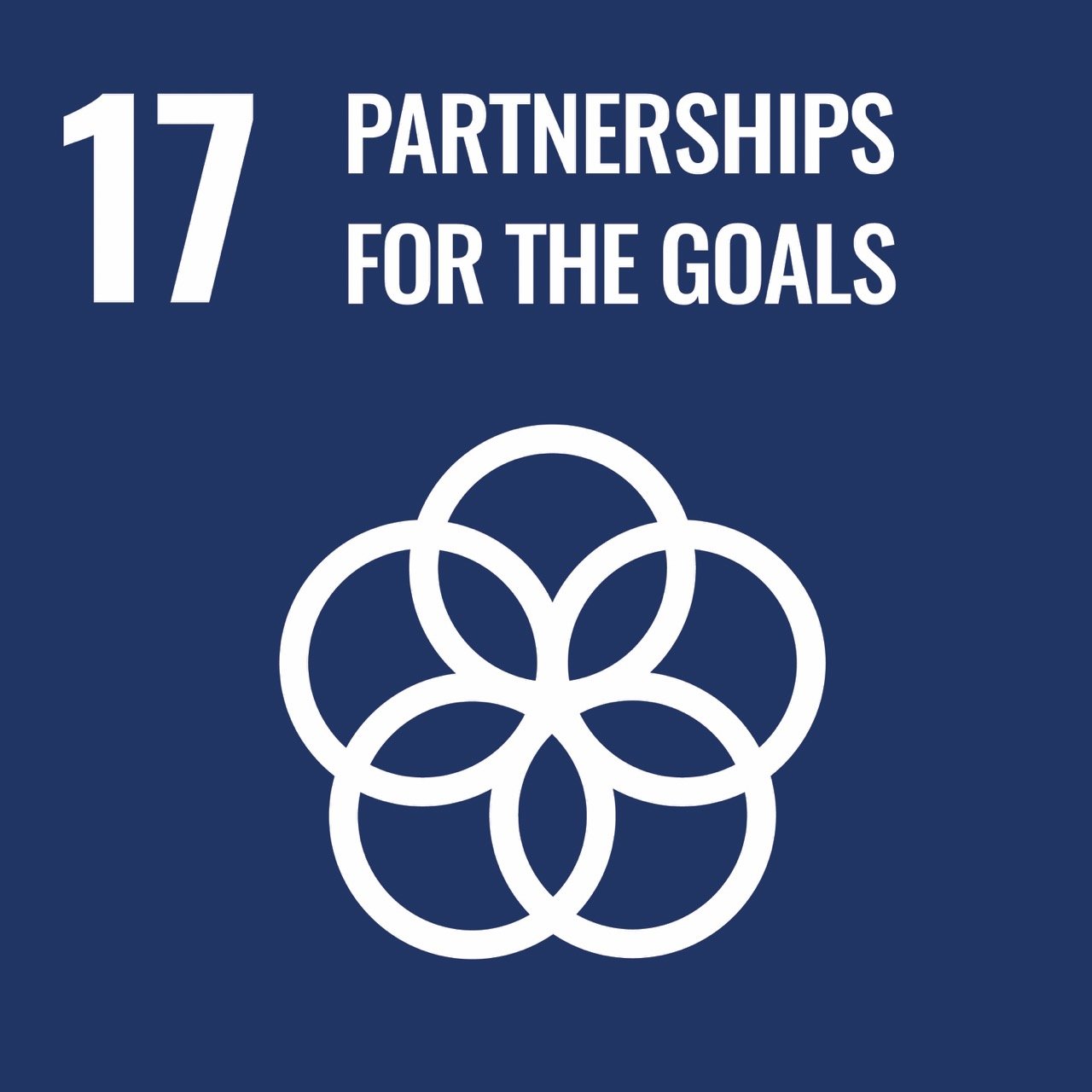PRIORITY AREA
7. Engagement and partnerships
Aspiration to 2030
Our partners, collaborators and associated stakeholders have increased their sustainability performance through meaningful engagement and partnerships with the University.
Progress against targets
The University’s community partnerships demonstrate localised and co-created approaches to sustainability
We continued to collaborate with the City of Melbourne, helping to drive local uptake of renewable energy
We co-created several sustainability-oriented projects with partners in the Goulburn Valley and North East Arnhem Land
The University has led or influenced discussions with precinct partners to further precinct-specific approaches to sustainability
We have engaged with Development Victoria on precinct sustainability planning for Fishermans Bend
The University plays a leading and convening role on sustainability challenges and opportunities internationally, with particular focus on vulnerable and disadvantaged people in Asia and the Pacific
We joined the Reach Alliance, a global partnership to mobilise sustainability knowledge for action
-
In 2021, the University formalised its long-standing partnership with the City of Melbourne to deliver impactful sustainability outcomes into the future. The partnership has already made considerable progress in a range of areas, including climate, renewable energy security, the Indigenisation of Melbourne, and urban recovery and resilience.
The Power Melbourne project is a partnership with the City of Melbourne and RMIT, coordinated by City of Melbourne. Our collective vision is to create innovative commercial models for batteries as shared energy storage, and drive greater uptake of renewable energy by residents and small and medium businesses. The partnership also supports urban innovation and job creation, and is accelerating transformation of the energy system to 100 per cent renewable sources. As a significant land and asset holder in the city, the University
is exploring energy storage options and opportunities to integrate more renewable energy into the grid, including potential battery sites, in collaboration with the City of Melbourne. The University brought extensive expertise as a research partner to the first phase of the project, with
Professor Pierluigi Mancarella and his team in the Faculty of Engineering and Information Technology conducting extensive techno-economic and commercial feasibility modelling.
-
Planning for the new campus at Fishermans Bend continued throughout 2022, as did the University’s collaboration with Development Victoria, who are developing the former Holden car manufacturing site in the wider precinct. We provided input into studies by Development Victoria on energy, water sensitive urban design, and open space network planning.
Through the precinct planning process, the University advocated for integration of parking and waste management between the Fishermans Bend campus and the Development Victoria site.
-
In 2022, Melbourne Graduate School of Education’s Master of Teaching placement program returned to Arnhem Land with eight final year students working across five remote schools. Several mid-year graduates returned to teach at Laynaphuy Homelands School and Ngukurr School after their placements had ended.
The placement program is a genuine collaboration with schools and the community, and is built on longstanding relationships and expertise. Student teachers have the opportunity to teach and learn alongside the Indigenous community, and gain an understanding of what living and working in a remote community is like. (SDGs 4 & 10)
-
In 2022, the University became a partner in the Reach Alliance global initiative. Founded by the University of Toronto, the Alliance brings together researchers and practitioners from across disciplines and around the world to accelerate achievement of the United Nations SDGs. The program engages student leaders to explore inventive, local solutions to pressing global challenges. Its focus is on how critical interventions and innovations reach those who are the ‘hardest to reach’, and partners with cross-sectoral organisations to translate research into impact.
Architecture students collaborate with Indigenous communities
The Cummeragunja Bough Shed was built by students in 2022, with guidance from Yorta Yorta Elders and community. It is the first of several cultural structures that the Cummeragunja Elders intend to construct as part of the ongoing partnership with Bower Studio, a group of Master of Architecture projects at the Melbourne School of Design. The Cummeragunja On Country Learning Initiative is a collaboration between the Cummeragunja community, the Faculty of Architecture, Building and Planning, and the Academy of Sport, Health and Education. Launched in 2022, the program is a co-designed on Country at the Cummeragunja Reserve, located on the Dungala (Murray) River in New South Wales. Read more about Bower Studio.
Image credit: Bower Studio
Student-designed raingarden concept wins City of Melbourne Innovation Challenge
A raingarden concept that upcycles waste products has won the City of Melbourne’s 2022 Fishermans Bend Innovation Challenge – and is set to become a reality through a pilot project in the Precinct. The project aims to repurpose construction waste at Fishermans Bend that would otherwise go to landfill. Together with carefully selected plantings, these materials will filter stormwater and moderate storm flows. Focusing on circular-economy principles, the winning concept was designed by Master of Engineering (Environmental) student Amira Moshinsky and fellow University of Melbourne students Jisoo Jeon, Nathan Dowe, Liam Murray, Michael Jin and Brian Wong.
Amira developed the concept further through the Innovation Practice Program’s O-Lab, collaborating with peers Ema Hagihara and Andreas Baruhas and supervisors Professor Alexander Felson and Associate Professor Peter Cebon, with input from the Faculty of Engineering and Information Technology, Faculty of Architecture, Building and Planning, and the School of Ecosystem and Forest Sciences in the Faculty of Science.
The project was supported by funding from the City of Melbourne, Development Victoria and the Victorian Higher Education State Investment Fund, and was piloted at the City of Melbourne’s Emerging Technology Testbed. Aptly named ‘Remix Raingardens’, testing of raingardens made from different materials began in late 2022, with the first pilot raingardens to be installed in April 2023. Read more about Remix Raingardens.








